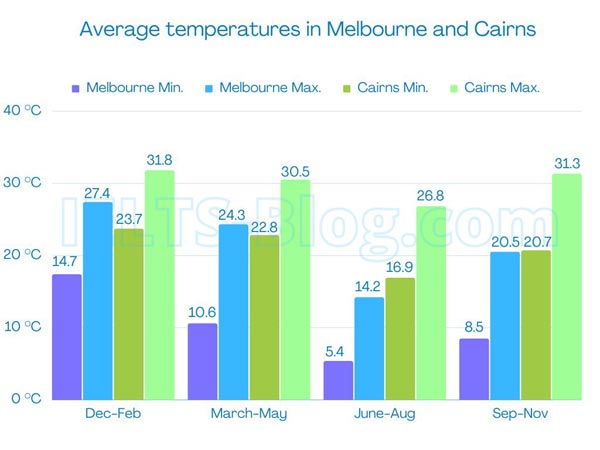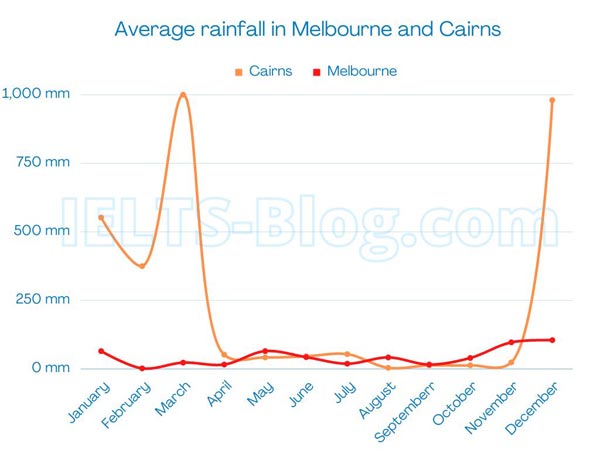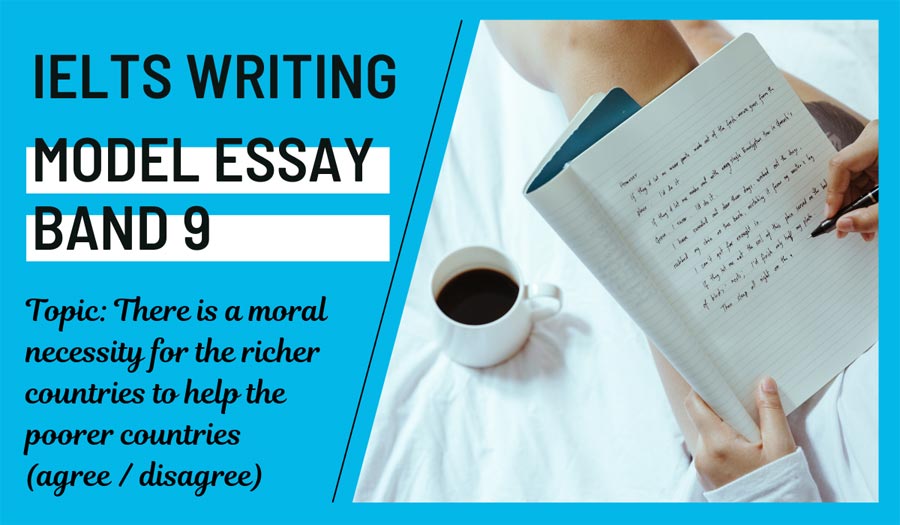
For some test takers this is a very familiar situation: you’ve taken the IELTS exam, the results are out, everything is what you hoped for… except for that one pesky little score, that’s just half a band lower than you need. Argh… now what?!
If that’s your experience and you’re in Australia, IELTS One Skill Retake (OSR for short) has just become a solution to that problem.
All you need to do is log into your IELTS profile, view your results, choose the skill you wish to retake and book your new test date.
If you’re not in Australia and IELTS One Skill Retake isn’t yet available in your country, this information is still useful, so read on. IELTS has just started the roll-out of this new option, using Australia as their testing ground. When IELTS One Skill Retake comes to your country, it will likely work the same as in Australia, so it’s worth knowing how it can help you and what it can do for you, for when you get access to it.
Where is IELTS One Skill Retake available now?
IELTS One Skill Retake is now available at IDP Melbourne, IDP Sydney, IDP Brisbane, IDP Adelaide, IDP Perth and IDP Cairns. The roll-out is in full swing and soon the option will be offered in many other test centres across Australia.
What will my IELTS One Skill Retake result look like?
After completing the IELTS One Skill Retake you will receive an IELTS certificate that will include the 3 unchanged scores from your previous full test and your new score from the One Skill Retake test. The date on the Test Report Form (TRF for short) will be the original date of your full test.
Important! Your previous TRF remains valid, and in case your score in the One Skill Retake is lower than the original one in your full test, you can still use the original TRF if it helps.
Is IELTS One Skill Retake acceptable for immigration and further study?
For immigration purposes some visa subclasses accept the IELTS One Skill Retake (OSR) and some don’t, so make sure to check the list of visa subclasses where OSR is allowed here.
For further study there are no known issues, because you will receive a new IELTS certificate including the unchanged scores from your previous test and your new score from the skill you took again.
What are the limitations of IELTS One Skill Retake?
1. You must have taken the IELTS test on computer, at a test centre that offers One Skill Retake.
At present IELTS One Skill Retake is only available to people who took their full IELTS test on computer and it’s not available to people who took the paper-based test. So if you are planning to go for IELTS One Skill Retake in case your score is lower than you need, book your full test on computer AND make sure your test centre offers IELTS One Skill Retake, to be eligible to retake just one skill later.
2. You need to apply for IELTS One Skill Retake within 60 days of your original, full test.
This shouldn’t generally be a problem, because for computer-delivered tests the results are available 3-5 days after your test, which leaves plenty of time for you to book your IELTS One Skill Retake.
3. You can only retake one skill for each full IELTS test that you’ve sat.
So, for example, if you took the IELTS test and you’re unhappy with your scores in Writing and Speaking, you can retake either the Writing or the Speaking as a single skill, but not both. If you need to change scores in 2 skills, the only way is to take the test again.
What if I have 2 skills where I need to raise my score?
Theoretically, you could apply for EOR (Enquiry On Results, also known as remarking) first, for both of the problematic skills, and see if one of your scores goes up as a result of that, then apply for IELTS One Skill Retake for the other score. According to IELTS.org, EOR takes anywhere between 2 and 21 days, and if you do receive the result of your EOR application within that time frame, that gives you up to 5 weeks to book your One Skill Retake. While in theory this might work, in reality, if there are delays with your EOR, you may run out of time to apply for your One Skill Retake.
Do you have questions about IELTS One Skill Retake? You can ask them in comments.
https://ift.tt/Ez9fSeb
from IELTS-Blog https://ift.tt/X9EtsC8
via
IFTTT





